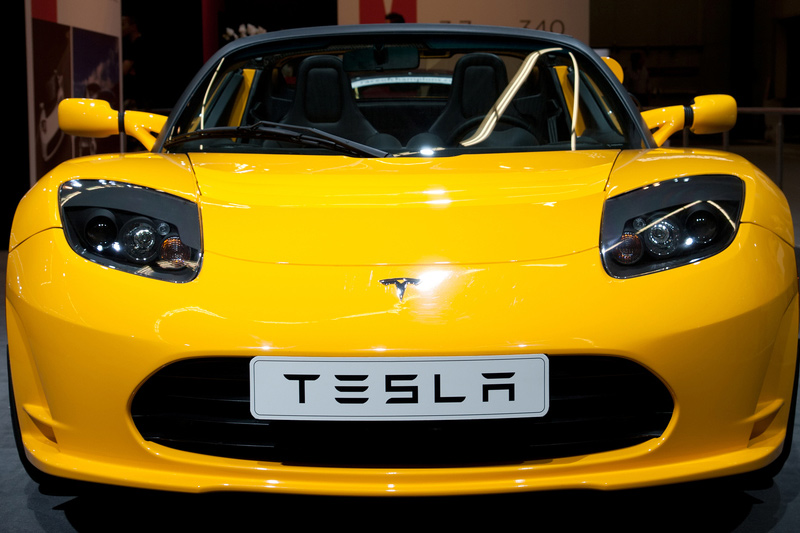By Angelo Young - Auto industry insiders have been saying for a while that self-driving cars are coming soon, and many of the world’s biggest car companies are already testing the technology on public roads in the U.S., Japan and Britain. Volkswagen, Mercedes-Benz, Ford and Nissan are among the big players already offering some of these autonomous driving features — or are about to.
So when Tesla Motors CEO Elon Musk recently offered up his prognosis for the technology, he joined the chorus. Most company executives have already said they expect autonomous driving to be widely available within 10 to 15 years. But the billionaire space-transport, solar-power and electric-car magnate is more bullish on how quickly the technology could be ready for consumers.
The ability for drivers to let their cars do the driving could be ready “in a six-year time frame,” Musk tells the Wall Street Journal in a report published Thursday. But, he adds, it will take several more years for governments to work out the industry guidelines for wide embrace of the innovation.
Nissan said last month that in six years it would have “commercially viable” autonomous driving in multiple vehicles in six years, so Musk’s comments echoing this time frame aren’t surprising. Tesla isn’t sitting idle on developing its own self-driving technology, either.
Trip Chowdhry of San Francisco-based Global Equities Research observed on a recent tour of the automaker’s Fremont, California, factory that there’s a section called “Driver Assist” on the floor, suggesting that Tesla could soon unveil some self-driving features. The upcoming Tesla Model X crossover SUV would be an ideal candidate for these advanced safety features, like crash avoidance and self-navigation, because Tesla is marketing it as a family car. The Model X’s gull-wing doors, for example, are designed to allow parents to stand up completely in the back seat for more easily loading groceries or putting babies in rear safety seats.

Earlier this week Morgan Stanley auto analyst Adam Jonas wrote in a research note that “the end of human driving” will happen within 15 years, a prognosis that includes the time it will take for regulatory hurdles to be overcome.
That estimate coincides with what Peter Mertens, the head of research and development at Swedish automaker Volvo said in an interview with Automotive News last month: that “autonomous driving is going to happen in the next 10 or 15 years.”
